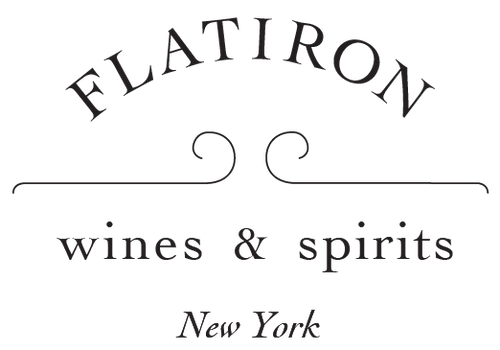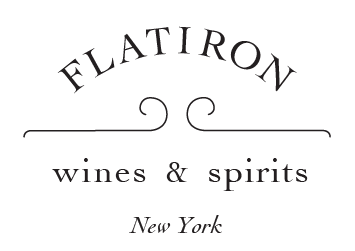Maxime Magnon
The traditional heart of wine country in Languedoc is quite boring: flat, fertile vineyards producing oceans of supermarket plonk. But Languedoc is large, and it contains many secret nooks and crannies.
Leave the big vineyards... Read More
The traditional heart of wine country in Languedoc is quite boring: flat, fertile vineyards producing oceans of supermarket plonk. But Languedoc is large, and it contains many secret nooks and crannies.
Leave the big vineyards behind and drive towards the border with Spain. The terrain is arid and dry, and rocky outcrops surge out of nowhere, like in a classic Western. The outcrops get bigger and taller as you approach the foothills of the Pyrenées. The air cools as the altitude rises.
Pull off the road in just the right place and you will find, scattered here and there, rows of ancient vines, mostly Carignan. You will wonder how those vines manage to grow. There is no soil on the ground, just loose rocks sitting on a hard surface of schist and limestone.
You are in the Hautes Corbières, the cranny that Maxime Magnon discovered in 2002 when he drove down from Burgundy. The vines were then abandoned, and it became his life's work to nurse them back to life, to make from them wines that evoke the exoticism of the surrounding landscape. Since the beginning, he has done so using fully natural methods, both among the vines and in the winery.


